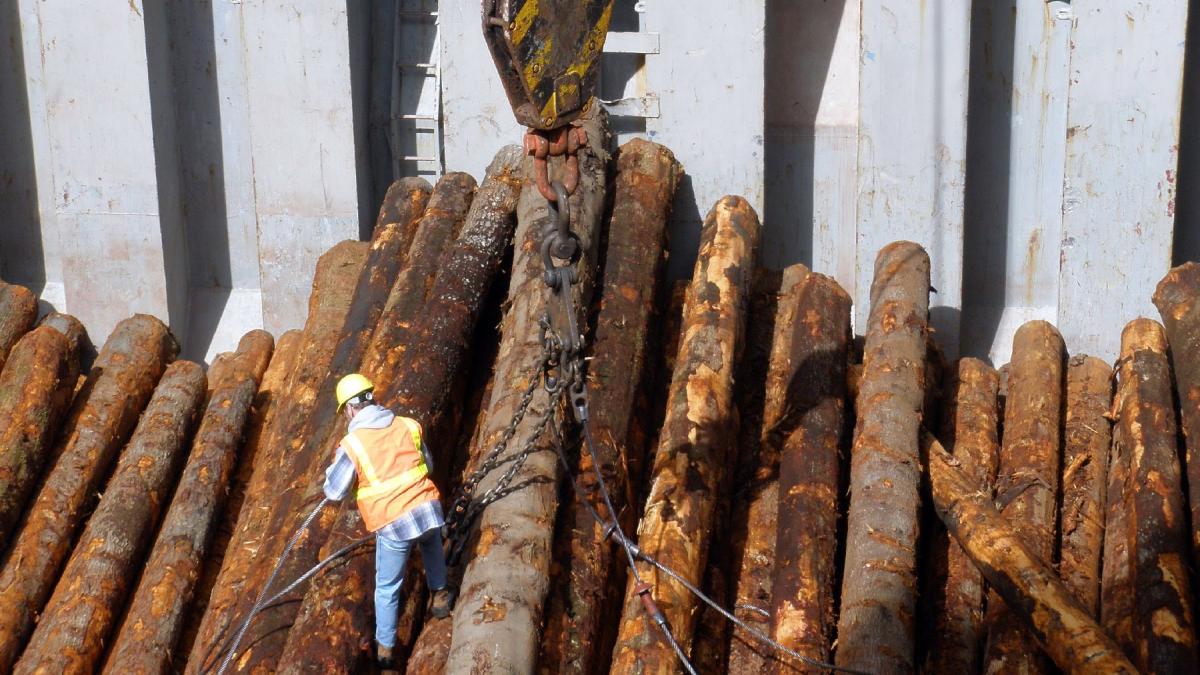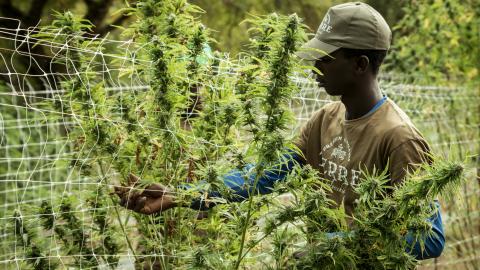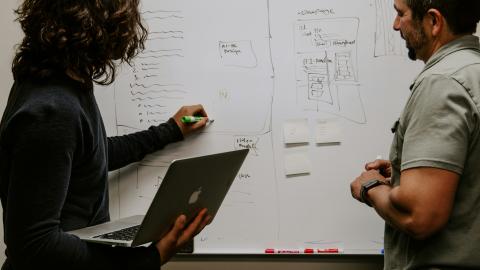
May 8, 2019
Health risks in the workplace--from ergonomic risks, noise and dust to toxic chemical exposures, unsafe working conditions and heat--can have a huge impact on our overall health and well-being. The Northwest Center for Occupational Health and Safety (NWCOHS) is dedicated to creating safer and healthier workplaces in Washington, Oregon, Idaho and Alaska (Federal Region X) through training and education.
To best serve the millions of workers and thousands of diverse workplaces across our region, NWCOHS provides small grant funding to support applicants from all disciplines and fields of study for projects and activities that address worker health and safety through the Professional Training Opportunities Program (PTOP).
Promoting health and safety
The PTOP program funds students and non-profit employees interested in developing Occupational Health and Safety (OHS) expertise. These awardees not only gain experience to help them in their future OHS careers, but complete research, internships and activities that have lasting impacts for Region X's most vulnerable worker populations.
"A goal of the PTOP program is to promote health and safety throughout Federal Region X, and we do this by funding student and nonprofit projects or training related to occupational health and safety" says Northwest Center Deputy Director Marissa Baker. "In the three years we’ve had the PTOP program, we’ve received over 50 applications and funded 16 projects across our region. It’s really exciting how diverse the projects are and how well they represent the unique characteristics of our region.”
Past awardees have used their PTOP funding to increase capacity for maritime safety training on the North Slope of Alaska, get workers engaged with important Process Safety Management standards in their workplaces, and even develop virtual reality training modules for professionals working in confined spaces.
2019 awardees
In 2019, PTOP awarded funding to a record number of students and non-profits, conducting projects that will improve workplace health and safety for workers in every corner of Region X.
Rachel Phinney, a graduate student in the Boise State University Department of Community and Environmental Health, aims to characterize and describe commonalities of pesticide misuse incidents in agriculture, and to share “lessons learned” with pesticide applicators at certification and recertification training sessions throughout Idaho. Pesticide misuse can lead to dangerous exposures for agriculture workers, their families, and the surrounding community. Rachel hopes to reduce harmful exposures by characterizing past incidents by pesticide, pest type, county, season, task involved, violation type, and enforcement action, and incorporating this information into training sessions for agriculture workers.
Stephanie Fitch, an MPH student at the Oregon State University College of Public Health and Human Sciences, Occupational Ergonomics and Biomechanics Research Laboratory, will evaluate the burden of work-related musculoskeletal disorders and whole body vibration in a Public Works Department, and provide stakeholders with administrative controls to reduce exposure and risk of injury from whole body vibration.
PTOP-funded research by the Alaska Native Tribal Health Consortium will jump-start efforts to reduce the lost-time injury rate for utility and construction workers in Alaska, which is more than double the national average. Chris Fish, Environmental Health Officer, U.S. Public Health Service, will conduct an epidemiologic investigation of elevated injury and illness rates among Alaska utility and construction workers, a crucial step in designing an effective messaging campaign to spark improvements for Alaska's utility and construction workers.
In Washington State's Yakima Valley, PTOP funding will be used to create a multimedia four-part series on the cultural context of work in “Rural America” as represented in stories of young people from the area. By focusing on low income, under-represented young workers and their families, particularly people with Indigenous and Latinx backgrounds, this project by Aurora Martin with Rural American Digital Lab (RADLab), will serve as an interdisciplinary community education tool for various stakeholders, and also as a civic engagement and awareness medium.
Whitney Vogel, Graduate Student in the Portland State University College Department of Psychology, knows that mental health issues cost organizations $150-300 billion in productivity loss, absenteeism, and turnover annually. Workplace mental health promotion programs are effective but not widely available. With her PTOP funding, Whitney aims to change this by creating, and making available at scale, online, video-based mental health training materials to educate supervisors and coworkers throughout the Pacific Northwest and beyond.
Finally, PTOP funding will be used by Jamie Wong, a recently graduated MPH student in the Northwest Center's Occupational Health Nursing Program, to work with FIGHT (Formerly Incarcerated Group Health Together) to address unique situations faced by formerly incarcerated individuals in the workplace. "I intend to organize a workshop for and with formerly incarcerated workers on addressing occupational health hazards at their workplaces" says Jamie.
To see the 2019 PTOP awardees initial results, click here!
_____
To learn more about the Professional Training Opportunities Program (PTOP), or to apply for PTOP funding, click here!




